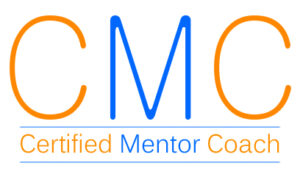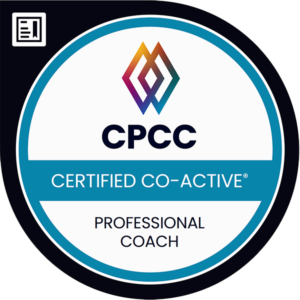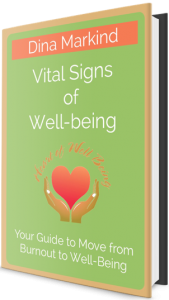 When you are faced with challenging situations and things don’t go as hoped for, it’s easy to feel discouraged. When it comes to patient care, documentation and time pressures in a busy medical setting, you may often feel like you haven’t accomplished much at the end of the day. The fatigue and feeling ineffective are signs of nurse and physician burnout.
When you are faced with challenging situations and things don’t go as hoped for, it’s easy to feel discouraged. When it comes to patient care, documentation and time pressures in a busy medical setting, you may often feel like you haven’t accomplished much at the end of the day. The fatigue and feeling ineffective are signs of nurse and physician burnout.
At times like these it’s easy to feel negative about yourself and think about how you’re not enough. You may be thinking “I should be doing more… why aren’t I further along… so and so is able to …” All those phrases of “should” and comparison aren’t recognizing your individual situation, or your individual worth. They probably aren’t helping you do better either. My guess is that you’re doing the best you can within a challenging situation.
The negative self talk you may be generating leads to a downward spiral regarding your ability to experience joy and self-confidence. The exaggerated self-criticism is self-sabotaging. An alternative is self-compassion, treating yourself with understanding and kindness, the way you would treat a loved one or friend. The above quote about forgiveness can apply to one’s self as well as to another. I once read that with self compassion there is an acknowledgement of inherent self-worth which is more enduring than self-esteem which often depends on your sense of success.
Kristin Neff, PhD at the University of Texas has defined self-compassion as being composed of three main components: self-kindness, common humanity and mindfulness. Self-kindness is being gentle toward yourself in the face of painful experiences and when falling short of your ideals. Common Humanity is recognizing that suffering and a sense of personal inadequacy is part of the shared human experience; you are not alone. Mindfulness is using awareness to take a balanced approach to negatiave emotions so that feelings are neither suppressed nor exaggerated, putting your own situation into a bigger perspective.
Here are some things you can do to increase your self-compassion. In so doing, you’ll be kinder and happier for yourself and others, and you’ll be more successful too.
- Be gentle in how you speak about and to yourself – Notice your self-talk. Don’t tell yourself, “I’m incompetent.” Instead, be gentle with yourself, acknowledge more of the situation and look for something or things you did well this day.
- Engage in a daily gratitude practice – Use the 3Ws method to ask yourself daily “What Went Well, today?” Regularly experiencing and participating in gratitude practices can actually change your brain.
- Respond to yourself as you would respond to a close or beloved friend.
To connect with self-compassion and enhance your well-being, sign up for coaching.
If you like these posts, spread the word and forward them to your friends and colleagues.
Revitalize Your Life,
Dina, 203.744.YOU3 (9683)
Improving physician and nurse well-being through coaching.
If you’re not yet on my list, please sign up at HeartofWellBeing.com to receive articles regularly.





